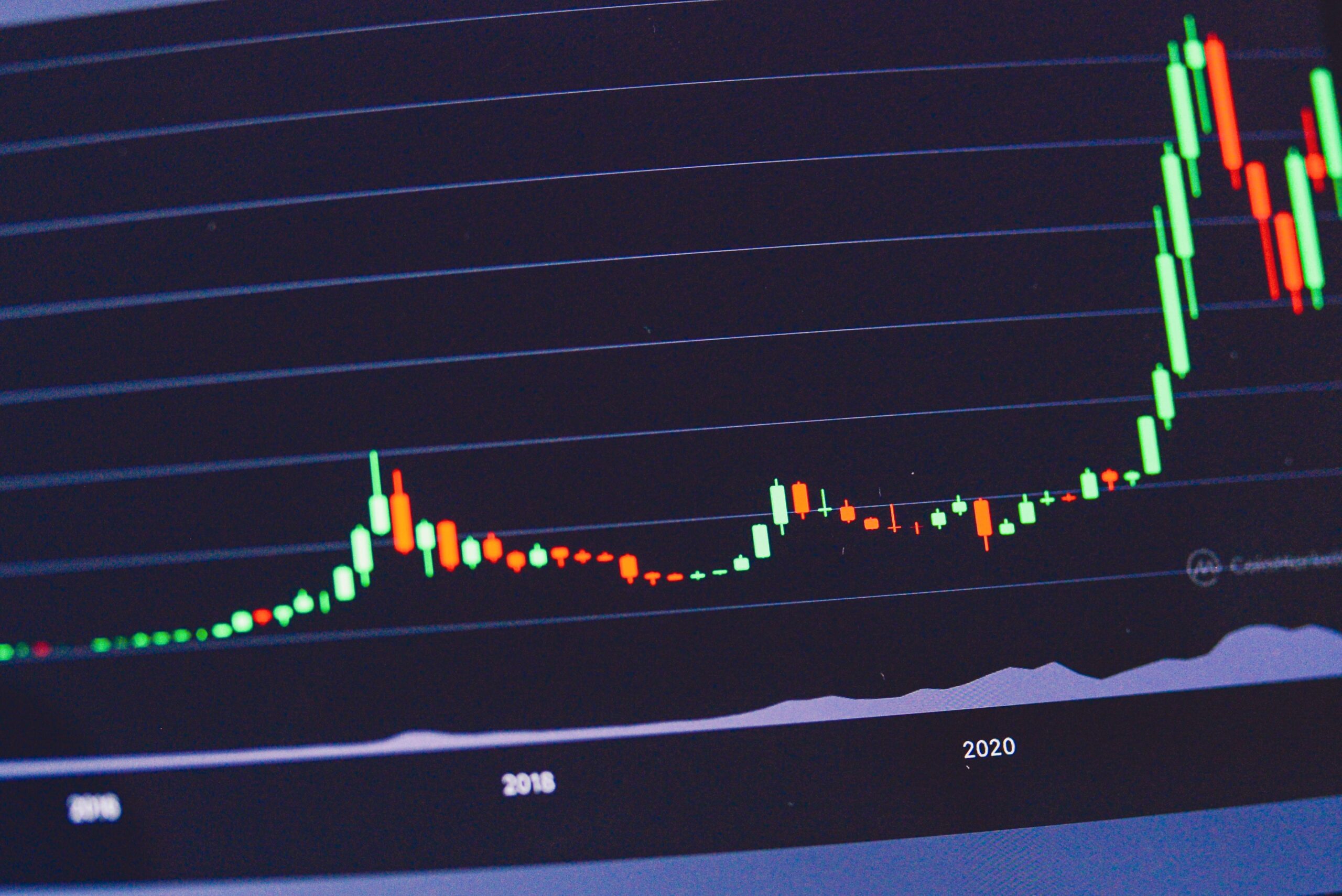
The Role of Financial Institutions in the Bunker Fuel Market
Financial institutions play a crucial role in the bunker fuel market, providing essential services and facilitating transactions that underpin global maritime trade. This article explores in-depth the pivotal role of financial institutions in the bunker fuel sector, their functions, impacts on market dynamics, and future trends.
Introduction to the Bunker Fuel Market
Bunker fuel is a cornerstone of the global shipping industry, powering vessels engaged in international trade and maritime transport. The market for bunker fuel is characterized by its strategic importance in logistics chains, economic implications, and regulatory frameworks governing environmental sustainability.
Functions of Financial Institutions in the Bunker Fuel Market
- Financing and Credit Facilities:
- Capital Investment: Financial institutions provide capital for bunker fuel procurement, vessel acquisition, and infrastructure development related to fuel storage and distribution.
- Trade Finance: Offering letters of credit, trade financing solutions, and export credit guarantees to facilitate bunker fuel transactions between suppliers, traders, and shipping companies.
- Risk Management and Hedging:
- Price Risk Mitigation: Financial institutions offer hedging instruments, such as futures contracts and options, to manage price volatility in bunker fuel markets.
- Currency Risk Management: Managing currency fluctuations through financial derivatives to safeguard against exchange rate risks associated with international bunker fuel transactions.
- Market Intelligence and Advisory Services:
- Research and Analysis: Providing market research, insights, and advisory services on bunker fuel prices, supply-demand dynamics, regulatory changes, and geopolitical factors impacting the market.
- Strategic Consulting: Advising stakeholders on optimal procurement strategies, risk management practices, and compliance with international regulations like MARPOL Annex VI.
Impact on Bunker Fuel Market Dynamics
- Liquidity and Market Efficiency:
- Enhanced Transaction Efficiency: Financial institutions facilitate smooth transactions and improve market liquidity through their participation in financing and trade facilitation.
- Price Discovery: Contributing to price transparency and efficiency in bunker fuel markets through market-making activities and real-time price dissemination.
- Influence on Supply Chain Operations:
- Supply Chain Financing: Supporting bunker fuel suppliers and distributors with working capital solutions, inventory financing, and supply chain optimization initiatives.
- Logistics Infrastructure Development: Financing projects related to bunkering infrastructure, storage facilities, and port expansions to enhance supply chain resilience and capacity.
Future Trends and Innovations
- Green Finance Initiatives:
- Sustainable Investment: Increasing focus on financing sustainable bunker fuel solutions, including LNG bunkering, scrubber installations, and alternative fuels aligned with environmental regulations.
- Emissions Trading: Participating in carbon trading markets and financing emission reduction projects to support shipping companies in meeting regulatory compliance.
- Digital Transformation:
- Blockchain Technology: Exploring blockchain applications for transparent and secure documentation of bunker fuel transactions, improving efficiency and reducing fraud risks.
- Data Analytics: Leveraging big data analytics for predictive modeling, market forecasting, and optimizing financial strategies in bunker fuel procurement and risk management.
Conclusion
Financial institutions serve as essential pillars of support in the bunker fuel market, offering critical financial services, risk management solutions, and market insights to stakeholders across the maritime industry. As the sector evolves with technological advancements and regulatory shifts towards sustainability, financial institutions will continue to play a transformative role in shaping the future of bunker fuel procurement, compliance, and operational efficiency. By embracing innovation and sustainability initiatives, financial institutions can contribute to a resilient and environmentally responsible bunker fuel market, ensuring sustainable growth and operational resilience in global maritime trade.





